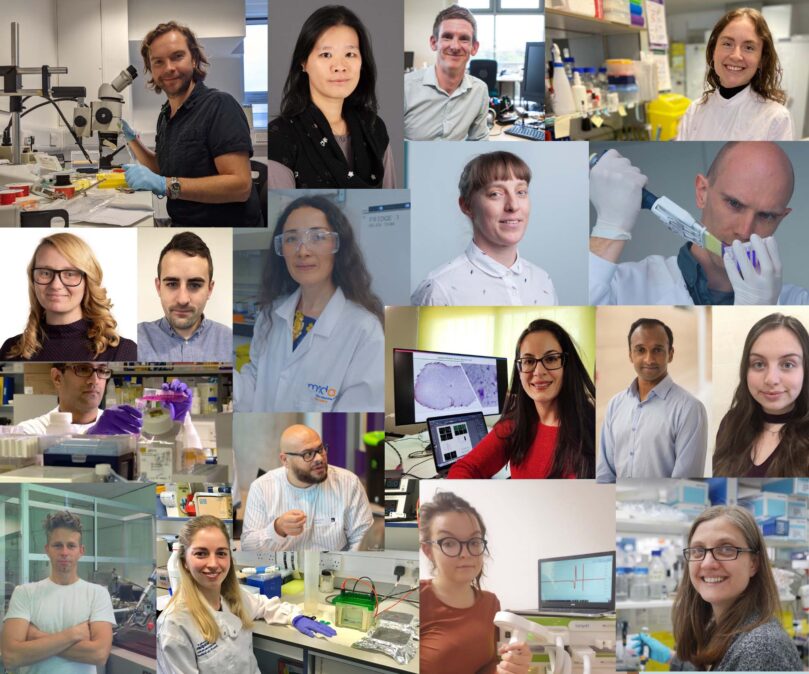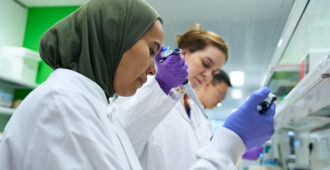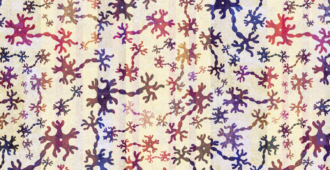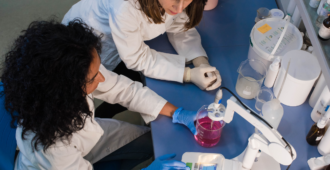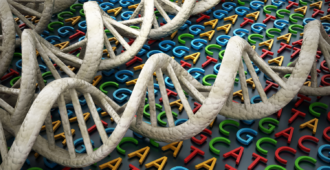Each year, MND Associations across the globe mark 21 June as a special day of recognition, acknowledging the impact that MND has on people around the world. MND is a global problem. It does not discriminate, and for every person diagnosed the effects of the disease will be forever felt by their families and friends.
In this week-long series of blogs, in acknowledgement of the work carried out by researchers and the support given by the wider MND community, and to mark Global MND Awareness Day, we will be taking a closer look at the research funded by the MND Association and how this is #DrivingMNDResearch.
As of 31 May 2021, the Association is funding, with support from the Wolfson Foundation and other donors, eight Non-Clinical Fellowships with a value of £1.9 million. The Lady Edith Wolfson Fellowship Programme attracts and develops the careers of outstanding young Clinical and Non-Clinical researchers in order to create the future scientific leaders in the field of MND Research. In this blog, we will be taking a closer look at the work being carried out by four of our Junior Non-Clinical Fellows, as well as hearing from two previous Junior Non-Clinical Fellows, and finding out what the Fellowship programme means to them.
Meet our Junior Non-Clinical Fellows
Dr Dezerae Cox, University of Cambridge, is involved in a project that aims to use sensitive imaging techniques to enhance understanding of how and why toxic proteins ‘clump’ or ‘aggregate’ together in cells. Preventing this aggregation might be a possible treatment pathway, and the presence of these aggregates could be used for early disease diagnosis.
There is still much to be learnt and it remains unclear how well cellular models used in MND research represent the real disease. Therefore this project will compare the protein aggregates formed in cellular models and patient-derived tissue to determine which cell model is most realistic.
Talking about her Fellowship, Dezerae said:
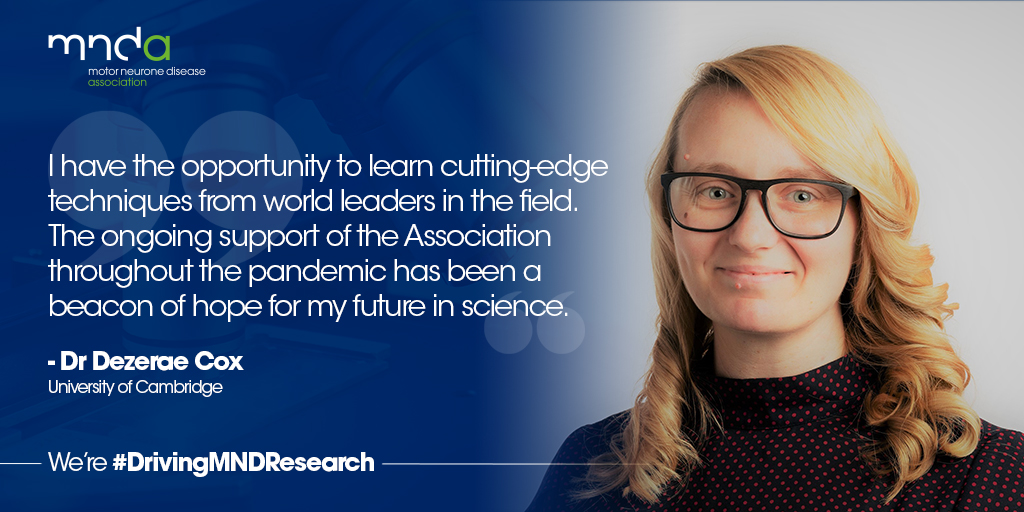
Dr Roisin McMackin is from Trinity College Dublin. She is working on a project aimed at developing ways to measure brain function changes that can predict patient symptoms and improve understanding of why symptoms emerge and progress at highly variable, unpredictable rates in different people with MND. Because of these differences, treatments that work in some people may not work in others.
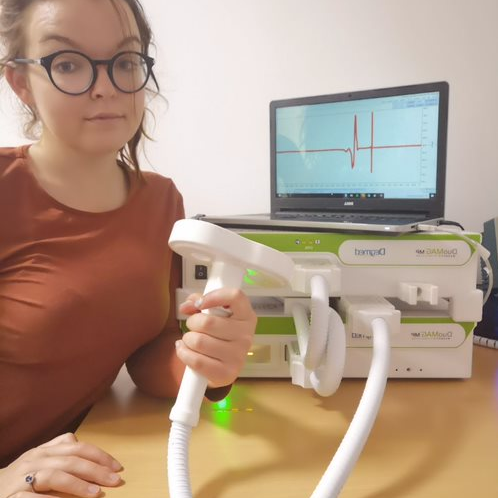
It is now established that people with MND often experience cognitive and behavioural problems and this will be measured to determine how well the brain and spinal cord are functioning over time, while profiling movement and non-movement symptoms in a large groups of patients. By identifying patterns of dysfunction, patients will be categorised into subgroups with similar prognosis then tested to see if these measures can predict individual patients’ symptoms in future. This is expected to facilitate earlier diagnosis and improve detection of effective therapies in clinical trials.
Roisin says:
“The MND Association Junior Non-Clinical Fellowship is enabling me to develop exciting lab results into technology that can improve the lives of ALS patients. It is also enabling me to continue contributing towards state-of-the-art ALS research and supporting my development as a more independent scientist. It is not only allowing me to perform ground-breaking ALS research now but is internationally recognised and renowned, such that it will help me gain funding to continue researching ALS in future.”
Dr Patricia Gomez-Suaga, King’s College London, is investigating the role of repetitive proteins in C9orf72-MND waste disposal (or autophagy) dysfunction. If waste is not cleared effectively from brain cells, it builds up and clumps together affecting cell function, eventually leading to cell death. Autophagy requires certain proteins to be transported between the nucleus and cytoplasm.
This project will investigate:
- How repetitive proteins disrupt autophagy and how this is related to the dysfunction of transport.
- How that overlaps with loss of the C9orf72 protein and how the autophagy disruption affects the clearance of key disease-related cargo.
- The therapeutic potential of authophagy inducers.
This will hopefully help design new therapies to prevent the death of brain cells in C9orf72-related MND.
When asked what her Fellowship means to her, Patricia said:
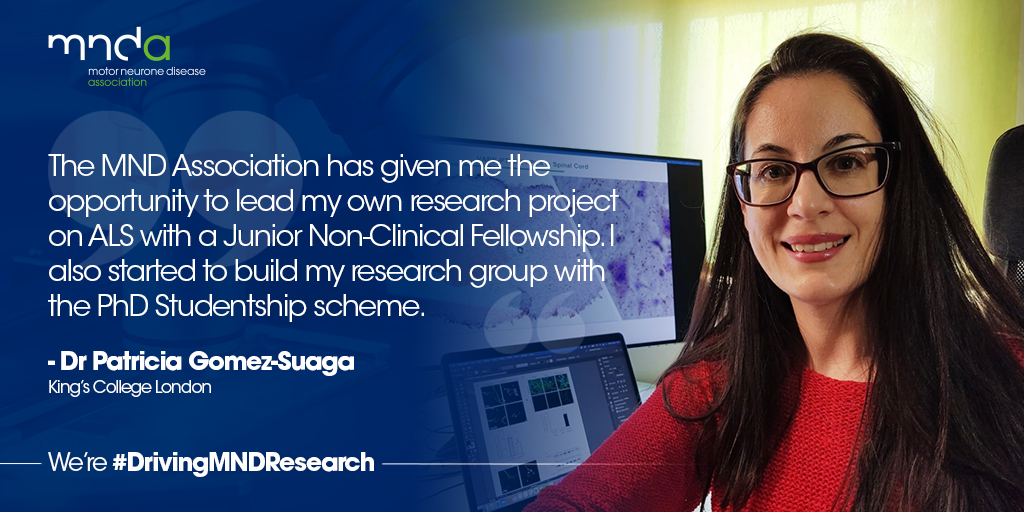
Dr Dan Scott, from the University of Nottingham, is looking to understand how a ‘molecular handshake’ between TDP-43 and p62 proteins in the cellular ‘waste-disposal’ system is toxic to motor neurones, and how targeting p62 to prevent the build-up of toxic TDP-43 might be a potential therapeutic strategy in MND.
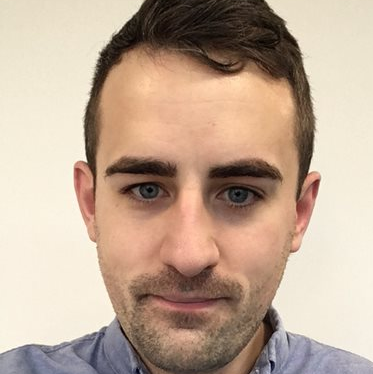
Dan said of his role in #DrivingMNDResearch:
‘’I was absolutely humbled to be awarded an MND Association Junior Non-Clinical Fellowship, and to have the opportunity to work every day to drive MND research forward. Importantly, this award has allowed me to transition to lead my own research team, principally dedicated to understanding, and ultimately targeting MND.’’
Two of our previous Junior Non-Clinical Fellows have also talked about what the Fellowship meant to them.

Dr Matt Gabel, who is now at the University of Oxford, said:
“The MND Association’s Junior Non-Clinical Fellowship scheme made it possible for me to build on the work from my PhD and was invaluable in transitioning to becoming an independent researcher. Crucially, the Association’s support was more than purely financial – they believed in me and the project, and I am proud to have been an Association fellow.”
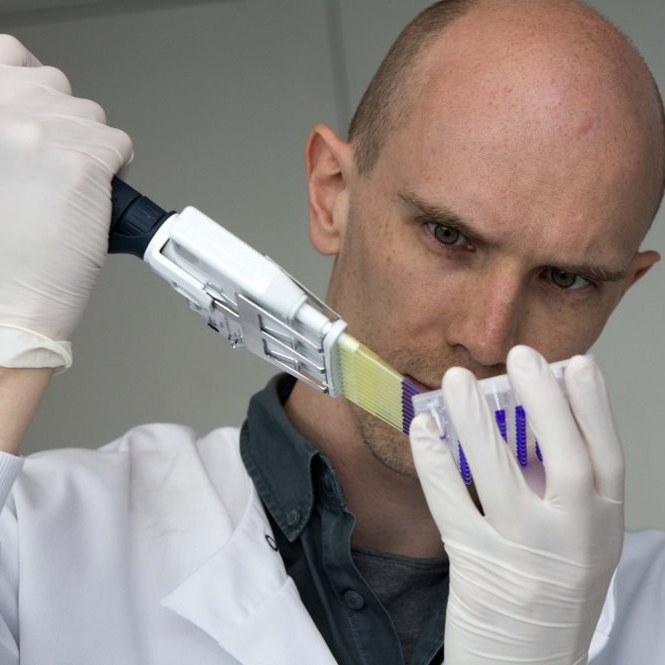
Dr Russell McLaughlin, from Trinity College Dublin, said:
“With an MND Association Junior Non-Clinical Fellowship I was able to navigate the precarious transition from postdoctoral researcher to independent scientist. Thanks to the MND Association, I am now a tenured principal investigator with a growing team working on the genomics of motor neurone disease, a crucial area for future treatments.”
Five decades of research
The Association’s commitment to understanding MND and the relentless search for treatments is now in its fifth decade. We will not stop until we have reached our vision – a world free from MND.
How can you get involved?
You can help us increase awareness of MND research by sharing any of the Association messages which will be posted across Twitter, Facebook, and Instagram using the hashtag #DrivingMNDResearch. Please share your involvement with the MND Association and the invaluable part you play in #DrivingMNDResearch.
You can also:
- Subscribe to our MND Research Monthly newsletter and have all the latest developments in MND research delivered straight to your inbox each month.
- Join our Research List to be informed of research opportunities as they come up. You can find out which research opportunities you can currently get involved in on our Take part in research page.
- You can also become a Cure Finder and support our United to End MND campaign.
For more information and to download our #GlobalMNDAwarenessDay graphic to use, head to our website.
The MND Community is a passionate, dedicated and focused team of people contributing expertise, time and money to the collaborative effort to find treatments and ultimately a cure for this brutal disease.
We are proud to work with every one of you and thank you for your continued support.

